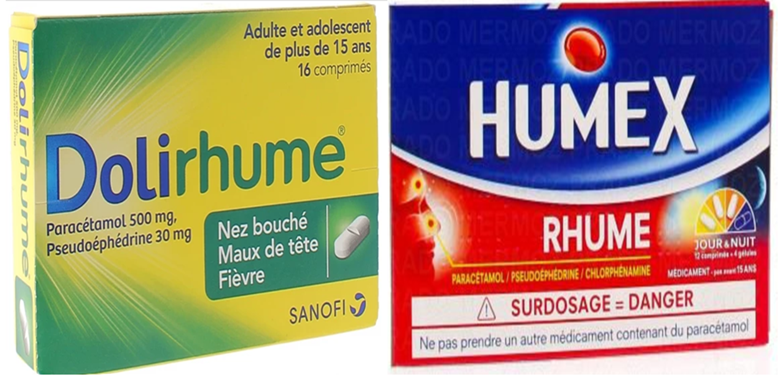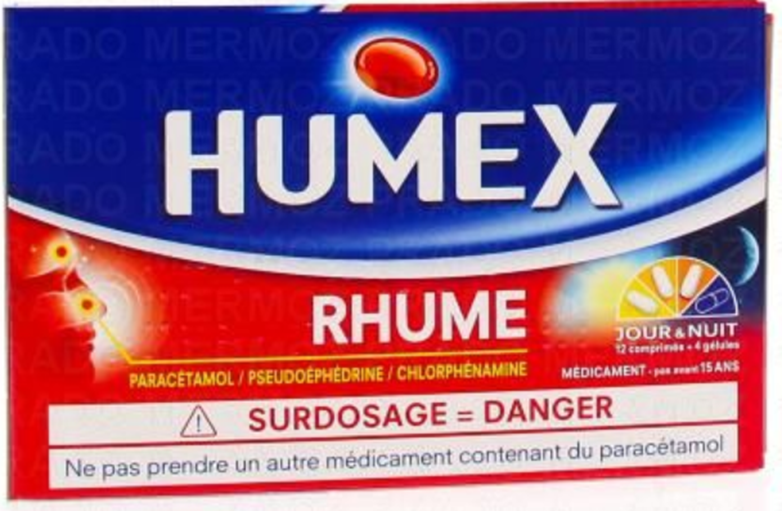Dolirhume, Humex and other popular drugs could cause strokes, according to the ANSM

As temperatures begin to drop, the ANSM urges the population not to use several very common medications to fight colds.
The Indian summer lasted for many weeks, but judging by the shady skies and the temperatures displayed on our thermometers, autumn is indeed here. Like every year, this drop in mercury coincides with an increase in autumn and winter illnesses and disorders. Runny nose, cough, fever... the cold sets in and to fight against it, many of us take more tablets. A reflex that should urgently be unlearned, according to the ANSM.

What is the mission of the ANSM
But what is the ANSM for, to begin with? According to its own official website, the National Agency for the Safety of Medicines and Health Products “is the public actor which allows, on behalf of the State, access to health products in France and which ensures their safety while throughout their life cycle.”
In other words, this agency evaluates health products and ensures that they do not represent a danger for their end users, or more precisely, that the “benefit/risk” balance is positive.
Vasoconstrictors in the ANSM’s crosshairs
Rare fact: the ANSM took a strong position by inviting the French, directly, to “avoid oral vasoconstrictor medications”. These decongestant health products based on pseudoephedrine are known under the names Actifed Rhume, Dolirhume, Humex Rhume or Rhinadvil Rhume.

Available without a prescription, these very common medications have enjoyed dazzling success and are consumed by many French people as soon as the first cold symptoms appear. However, according to the ANSM, they are far from being risk-free and could increase the risk of stroke or myocardial infarction.
“The risk is very low, but these events can occur regardless of the dose and duration of treatment,” specifies the ANSM in a press release. The common cold being a benign condition that heals spontaneously, the benefit/risk balance would therefore be negative and the ANSM invites the French to no longer use them, and instead recommends opting for these actions in the event of a cold:
Moisten the inside of the nose with suitable washing solutions: physiological serum, thermal water or sea water sprays, etc.
Drink enough;
Sleep with your head elevated;
Maintain a cool atmosphere (18-20°C) and ventilate the rooms regularly.
EXCLUSIVE | Concerned about the persistence of rare but extremely serious side effects, while the pathology is benign, the Medicines Agency takes a rare position and recommends that the French no longer consume these anti-cold tablets
Source: websites

